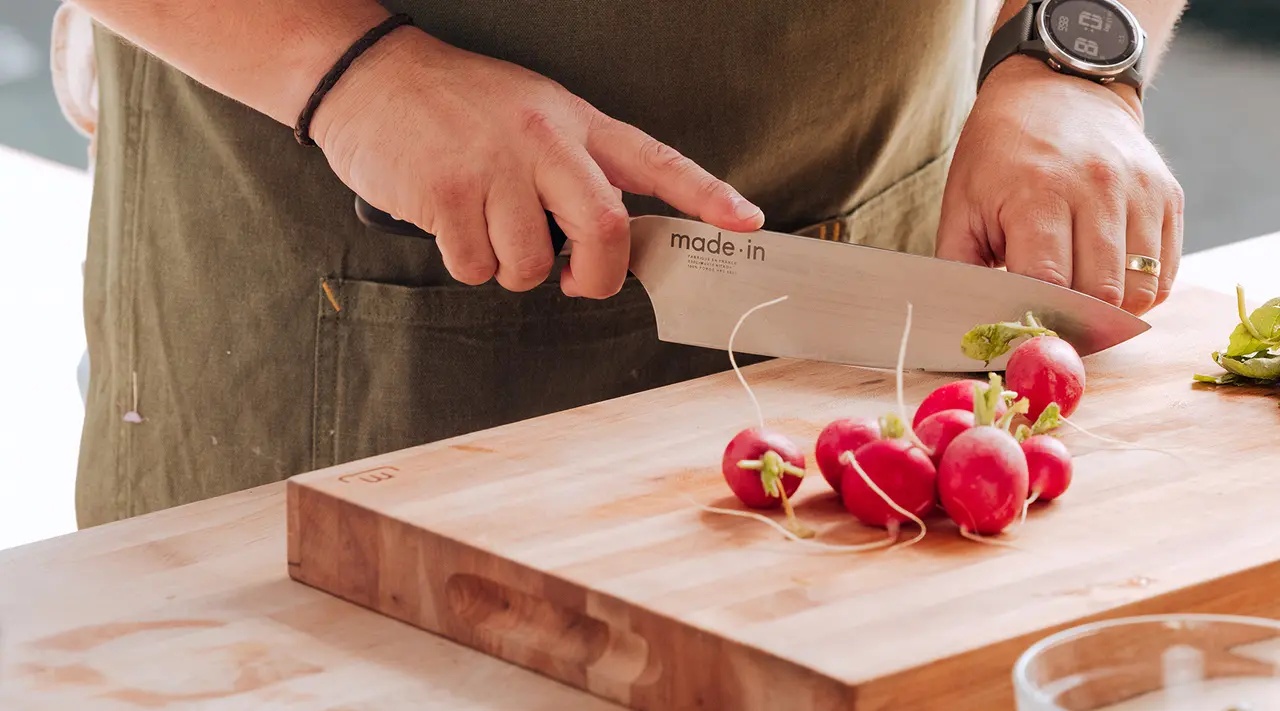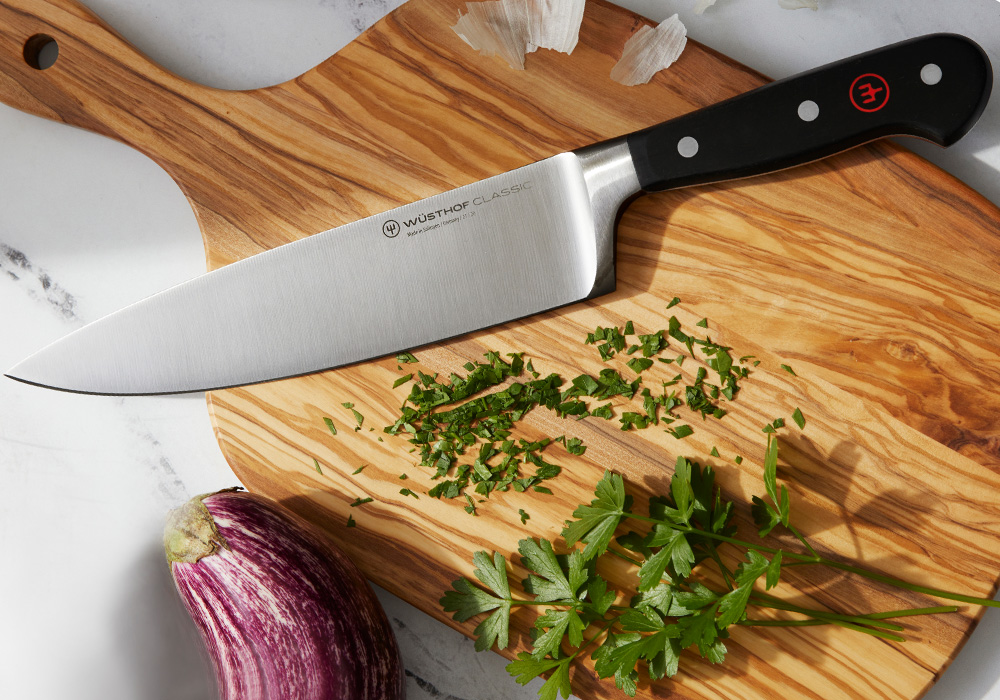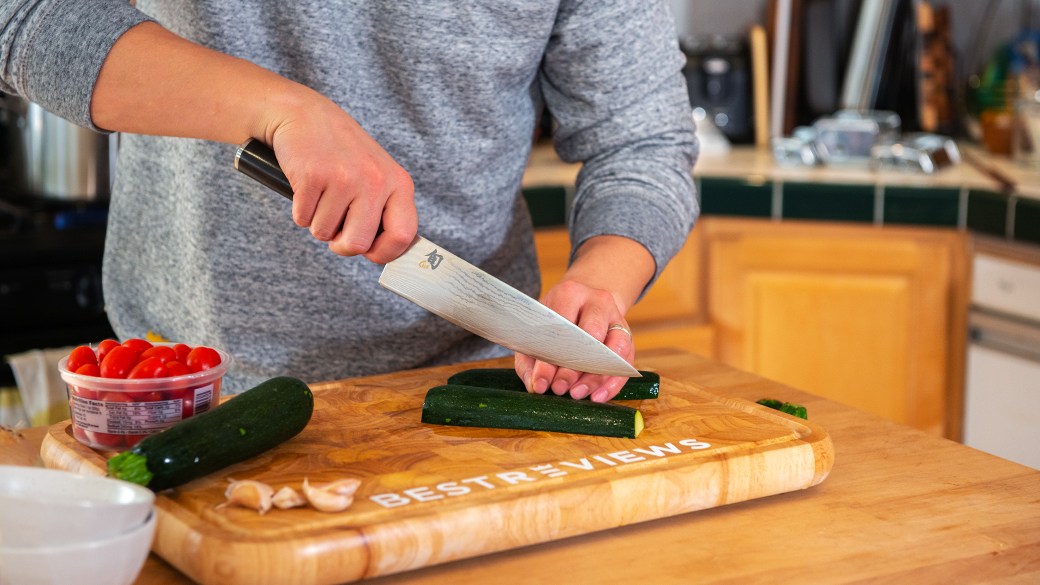When considering the care and maintenance of German knives, a common question arises: Are German knives dishwasher safe? This question is particularly important as these knives are renowned for their craftsmanship, precision, and durability. In this article, we will delve into the factors that determine whether these knives should be placed in the dishwasher and what best practices should be followed to ensure their longevity.

Understanding German Knives
German knives are celebrated worldwide for their high-quality steel, robust construction, and excellent edge retention. Brands like Wsthof and Zwilling have become synonymous with reliability and performance in the culinary world. Understanding their construction is key to addressing the primary question of their dishwasher safety.
The Composition of German Knives
German knives typically feature high-carbon stainless steel. This composition provides a balance between hardness and resistance to rust and corrosion. However, the dishwasher environment can be harsh, involving high temperatures and abrasive detergents that might affect even the best of steels.
The Impact of Dishwashers on Knife Blades
Dishwashers can damage knife blades due to several factors. The high-pressure water jets can cause the knives to knock against other utensils, leading to nicks and dulling of the blade. Furthermore, the detergents used are often corrosive and can lead to discoloration or degradation of the blade over time.
Potential Risks of Dishwashing German Knives
It’s crucial to consider the potential risks involved in placing German knives in the dishwasher. Heres what you should be aware of:
Blade Dulling and Damage
The high-pressure water jets in dishwashers can cause knives to collide with other utensils, leading to dulling of the blade. This repeated impact can also cause chips and cracks, compromising the knife’s performance.
Corrosion and Rust
Although German knives are made of high-carbon stainless steel, they are not immune to corrosion. The harsh detergents used in dishwashers can strip away protective coatings and cause rust to form, especially in the joint areas of the knife where water can easily accumulate.
Handle Deterioration
The handle of a knife is just as important as the blade. Many German knives have handles made of wood or composite materials, which can warp, crack, or discolor when exposed to the high heat and moisture of a dishwasher cycle.
Best Practices for Cleaning German Knives
To preserve your investment in quality German knives, it is advised to follow best practices for cleaning and maintenance:
Hand Washing
The best method for cleaning German knives is to hand wash them immediately after use with warm water and mild soap. Use a soft sponge to clean the blade and handle, then dry the knife thoroughly with a towel to prevent any water spots or rust.
Proper Drying Techniques
After washing, ensure your knife is completely dry before storage. Use a clean, dry cloth to remove any moisture from the blade and handle. This will help prevent corrosion and maintain the integrity of the knife.
Storage Solutions
Store your German knives in a knife block, magnetic strip, or drawer insert designed to hold knives securely. This practice prevents the blades from becoming dull or damaged and protects you from accidental cuts.
Expert Opinions on Dishwasher Use
Experts and manufacturers often advise against placing German knives in the dishwasher. For instance, many knife brands, including those renowned in Germany, provide specific guidelines in their manuals that discourage dishwashing. Instead, they advocate for hand washing to maintain the blade’s sharpness and the handle’s condition.
Insights from Professional Chefs
Professional chefs who rely on the precision and sharpness of their tools also recommend avoiding dishwashers. They emphasize the importance of manual cleaning to extend the life and performance of the knife.
Conclusion: Are German Knives Dishwasher Safe?
In conclusion, while technically possible to place German knives in a dishwasher, it is not advisable due to the potential risks involved. The best practice is to hand wash and carefully dry your knives to ensure they remain in optimal condition for years to come.
Resources for Further Reading
For more on knife care, visit our German knife care tips page. To explore the history of knife making, check out this history of German knife making.

FAQ
Can I put any knife in the dishwasher?
While some knives may be labeled as dishwasher safe, it is generally recommended to hand wash all knives to protect their edges and handle materials.
How often should I sharpen my German knife?
The frequency of sharpening depends on the usage. Regular honing can keep the edge sharp, but professional sharpening may be needed every 6 to 12 months.
What is the best way to store German knives?
Store German knives in a knife block, on a magnetic strip, or in a dedicated drawer insert to protect the blades and prevent accidents.
This article contains affiliate links. We may earn a commission at no extra cost to you.


